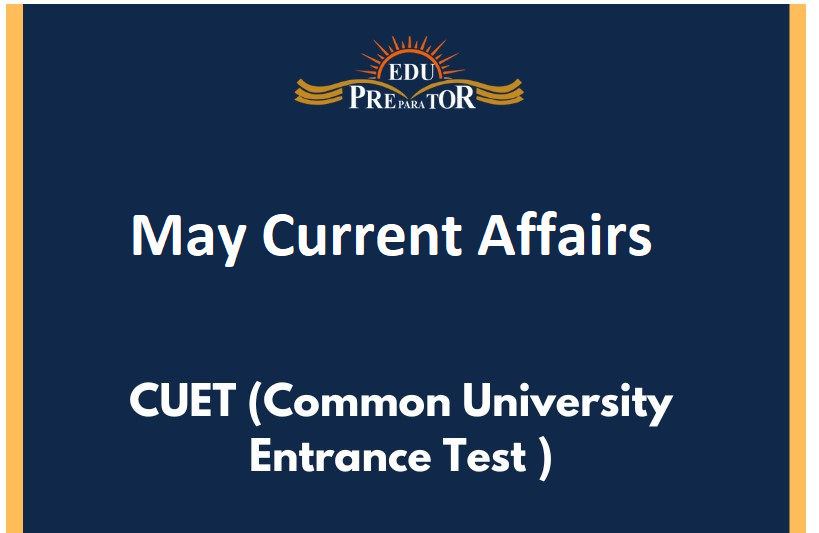
Striking a Balance: Fundamental Rights vs Directive Principles in Property Owners Association vs Sta
Introduction and Background:
- The Supreme Court of India is set to make a landmark decision in the case of Property Owners Association vs State of Maharashtra.
- The case draws attention to a constitutional conflict between fundamental rights and the Directive Principles of State Policy.
- It mainly involves the interpretation of Article 39(b) of the Indian Constitution.
- Two critical questions arise from this case; firstly, the interpretation of the phrase “material resources of the community” in Article 39(b), and secondly, whether laws aimed at fulfilling Article 39(b) objectives can be excused from legal challenges valuing fundamental rights for equality and liberty.
- This represents a confrontation between fundamental rights (Part III) and Directive Principles of State Policy (Part IV) of the
The Fundamental
Rights-Directive Principles Conflict:
- Foundational Conflict: Fundamental rights, protected by Part III of the Indian Constitution, are enforceable, while the Directive Principles, under Part IV, are non-justiciable, presenting a basic
- Clash of Priorities: The priority differential between the two sets of principles, with fundamental rights advocating individual autonomy, while Directive principles push for social and economic justice, adds to this conflict.
- Constitutional Foundation: Embodied in Articles 13 and 37 are the crux of the matter, which provide for protection of fundamental rights and non-justiciability of Directive Principles.
- Early Judicial Clarification: In the Mohd. Hanif Quareshi case, the Supreme Court stressed on executing DPSPs without infringing fundamental rights.
- 25th Amendment: Introduced Article 31C, aimed to protect laws in the interest of communal good from scrutiny under fundamental rights.
Historical Judicial Rulings and Effect:
- Kesavananda Bharati Case (1973): Upheld the validity of Article 31C, but rejected it to judicial
- 42nd Constitutional Amendment: The scope of Article 31C was expanded but later rendered unconstitutional in the Minerva Mills case.
- Waman Rao Case: Validated Article 31C in line with Articles 39(b) and (c).
- Coelho v. State of T.N (2007): The Supreme Court underscored the government's duty to secure equilibrium between individual liberty (Fundamental Rights) and public good (Directive Principles).
Similarities between Fundamental Rights and Directive Principles:
- Fundamental Rights and DPSPs collectively form the crux of the Indian Constitution, embodying its core values and philosophies.
- Despite exhibit different characteristics, these two sets have been intricately linked within Indian
- The courts have emphasised their interwoven nature, advocating for a harmonious interpretation to accomplish wider socio-economic objectives.
- Past decade has seen courts underscoring government's need to secure a harmonious balance between individual liberty and public good, ensuring a balanced progress.



Comments
Nam cursus tellus quis magna porta adipiscing. Donec et eros leo, non pellentesque arcu. Curabitur vitae mi enim, at vestibulum magna. Cum sociis natoque penatibus et magnis dis parturient montes, nascetur ridiculus mus. Sed sit amet sem a urna rutrumeger fringilla. Nam vel enim ipsum, et congue ante.
Cursus tellus quis magna porta adipiscin
View All